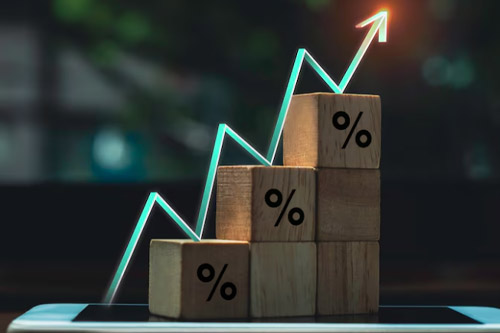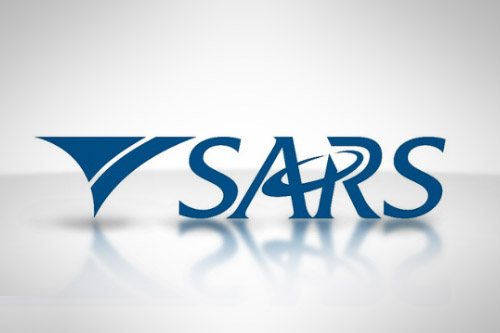As South Africans digest the details of the 2025 national budget, most attention has been drawn to major tax changes such as the VAT hike and frozen tax brackets. However, a range of smaller, ‘stealth’ tax increases have quietly taken effect from April, placing additional financial strain on households and businesses alike.
Hidden Costs: The Rise in Carbon Tax and Levies
One of the most significant yet largely unnoticed tax increases is the 24.2% hike in South Africa’s carbon tax. This sharp increase, designed to encourage environmental responsibility, will have a ripple effect across industries that rely on fossil fuels, ultimately leading to increased costs for consumers.
In addition to the carbon tax hike, households must also contend with above-inflation increases on excise duties for alcoholic beverages and tobacco products, as well as rises in environmental levies. The plastic bag tax and incandescent lightbulb levy have both been adjusted upwards, further adding to consumer costs. Together, these increases are expected to contribute an additional R1 billion to government revenue this year.
Tax Breaks That Could Have Been
While these increases put added pressure on household budgets, there are a few areas where consumers are seeing some relief. The government has announced the zero-rating of additional foodstuffs, which aims to ease the cost of living for lower-income families. Additionally, the general fuel levy remains unchanged, preventing an even sharper rise in fuel prices.
A notable decision was Treasury’s move not to increase the Health Promotion Levy (sugar tax), which was originally planned to rise in line with inflation. This reprieve, however, is a temporary one, intended to give the sugar industry more time to adapt to growing regional competition.
The True ‘Stealth’ Tax: Bracket Creep and Medical Credit Freezes
While indirect levies and duties are increasing, one of the biggest tax burdens on South Africans this year is one that wasn’t officially announced—the government’s decision to keep inflation thresholds unchanged.
By not adjusting personal income tax brackets, taxpayers will be pushed into higher tax brackets as their salaries increase with inflation, leading to a phenomenon known as bracket creep. This alone is expected to generate R18 billion in additional revenue for the government. Similarly, the medical aid tax credit remains frozen, meaning South Africans paying for private healthcare will not receive any relief despite rising medical costs—resulting in an extra R1.5 billion in revenue.
The Bottom Line
While high-profile tax changes grab headlines, these stealth tax increases will steadily eat away at the disposable income of South Africans throughout the year. From carbon tax hikes to bracket creep and medical credit freezes, taxpayers should be aware of these subtle yet impactful financial shifts. Careful tax planning and professional advice are more important than ever to navigate these changes effectively.
For expert tax guidance tailored to your needs, contact CTFSA today and ensure you’re making the most of your tax strategy in 2025 and beyond.




